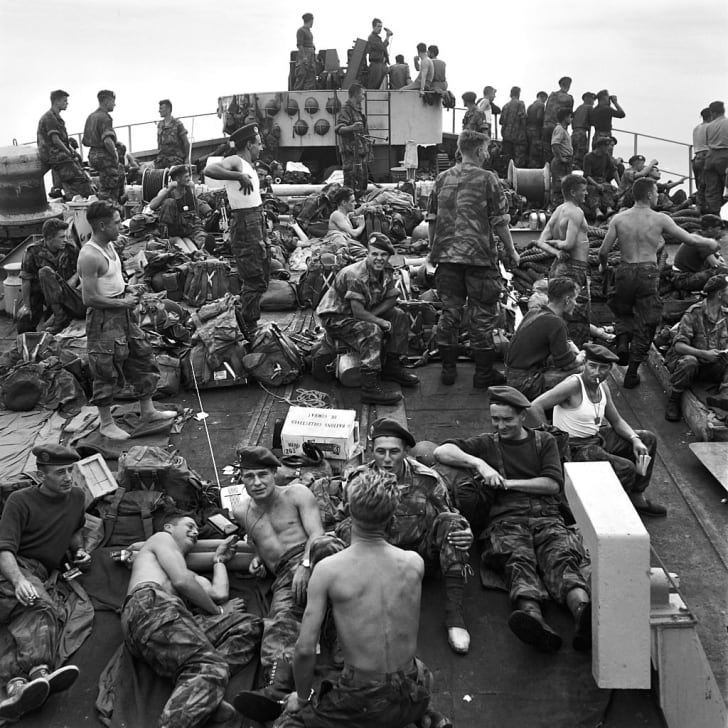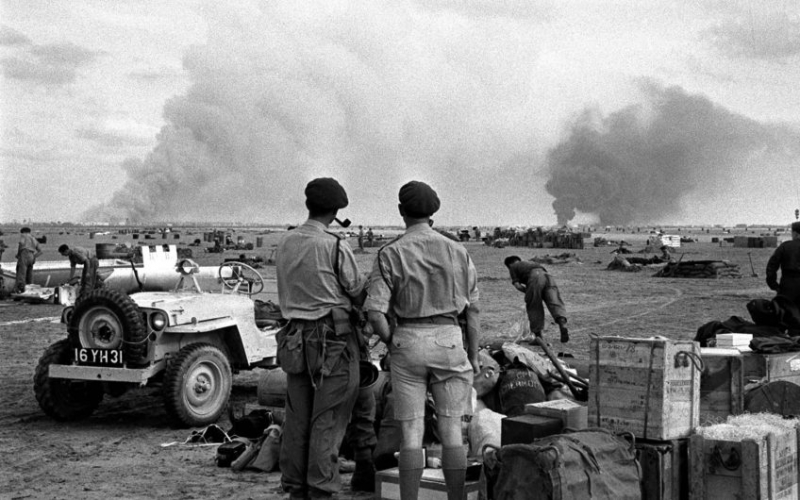The Suez Crisis
Egypt's Gamel Abdel Nasser nationalized the Suez Canal Company in 1956, taking over management of the significant canal. The firm, which was mostly owned by British and French owners, was in charge of managing the crucial waterway's operations. The region became a powder keg due to intricately connected geopolitical and economic interests including Britain, France, the United States, the Soviet Union, Iraq, Egypt, Israel, and Jordan. The region's control over vast oil reserves also contributed to this. Israel invaded Suez in 1956 to retake control of the canal, supported by the French and British. This operation is frequently referred to as the Second Arab-Israeli War. Egypt received support from the Soviet Union. Fearing Soviet action and intervention in Europe, the United States denounced the Franco-British invasion.
In 1956, the Suez Crisis escalated into a full-fledged war involving naval, air, and ground forces on a par with the Mediterranean theater of World War II. The UK and France were forced to stop their invasion by the US through military, political, and economic pressure. Israelis were offended by American and their allies' support for Nasser. Eventually, pressure led to the overthrow of Prime Minister Anthony Eden's British government. Britain and France were obliged to withdraw their forces despite certain military victories. The negotiated agreement humiliated both the British and the French in the eyes of the international community and, like all Mideastern agreements, set the stage for upcoming crises.
The post-World War II era experienced a significant turning point with the Suez Crisis, which is hardly discussed in most Western history. It caused a fracture in the alliance of the English-speaking nations and signaled the end of Great Britain as a global superpower. The following year, Elizabeth made her first trip to the US as a monarch, in part to improve US-UK relations. The College Park, Maryland, supermarket was one of the American locations Her Majesty requested to visit. Food rationing was still in place in Great Britain at the time of her visit.
- Year: 1956












